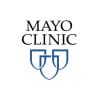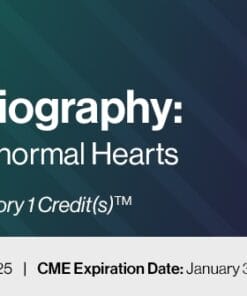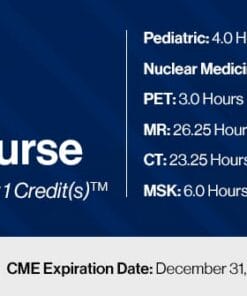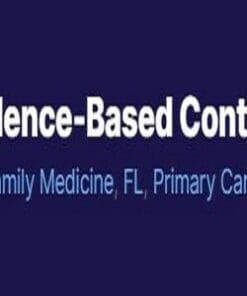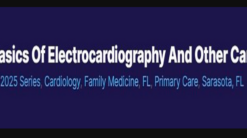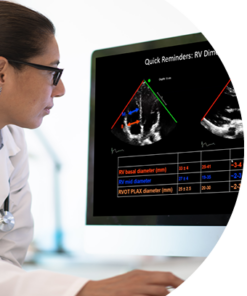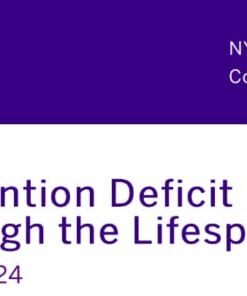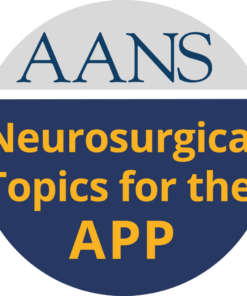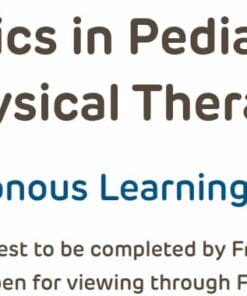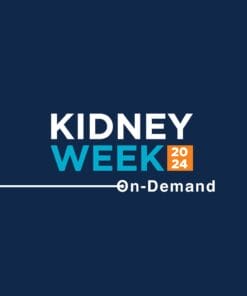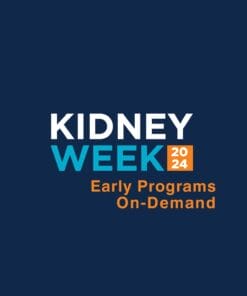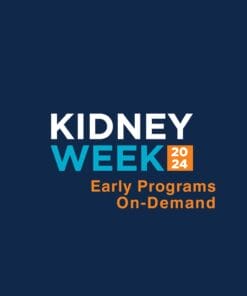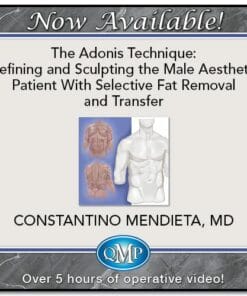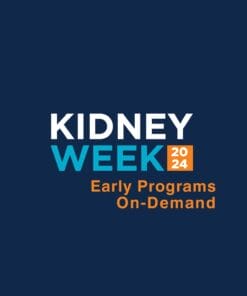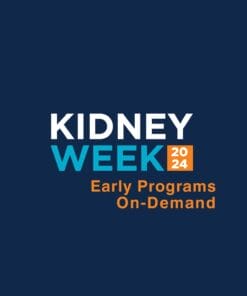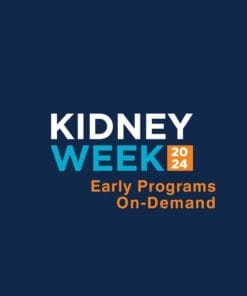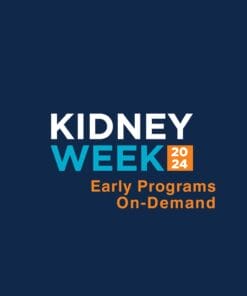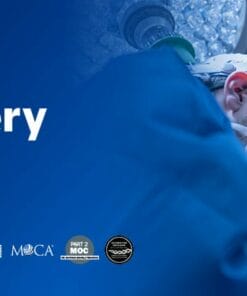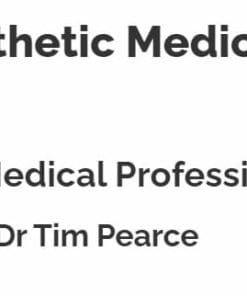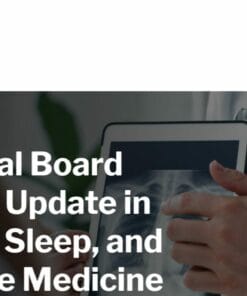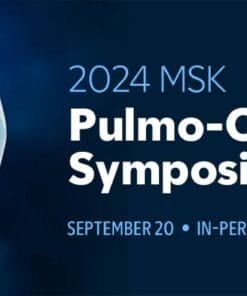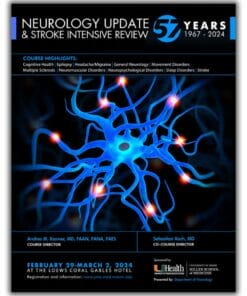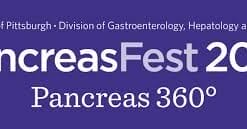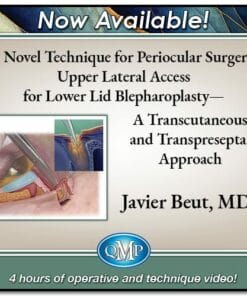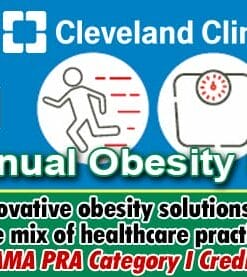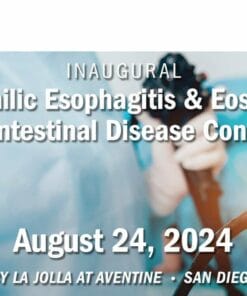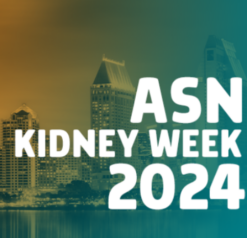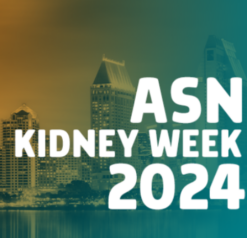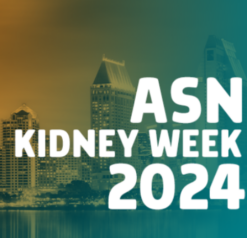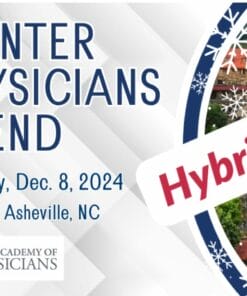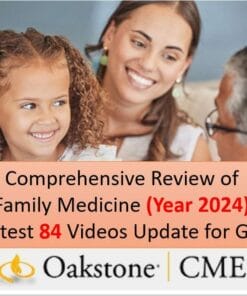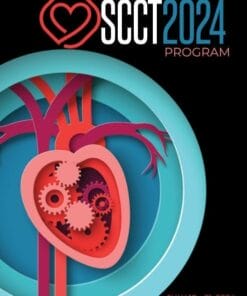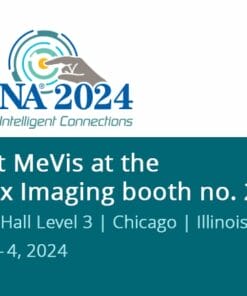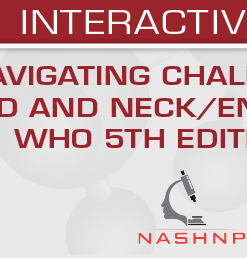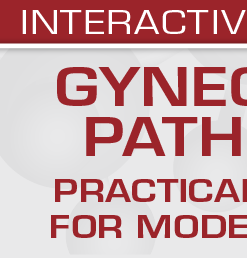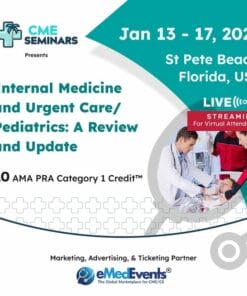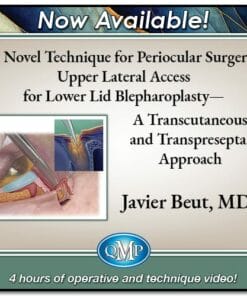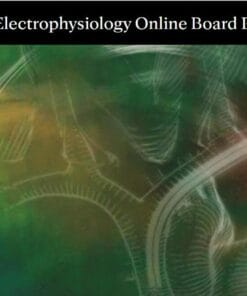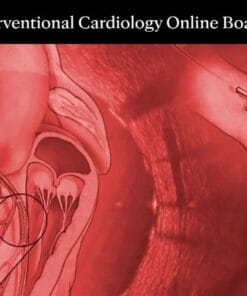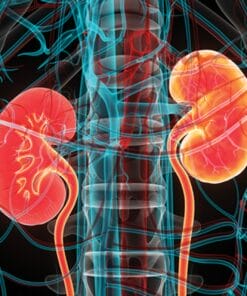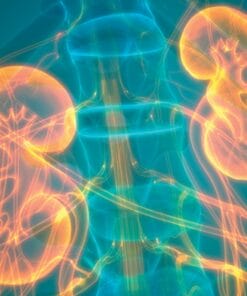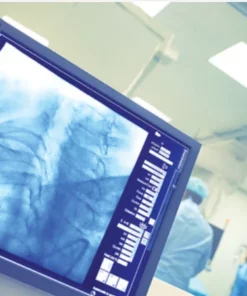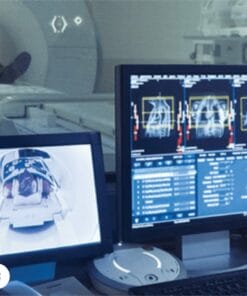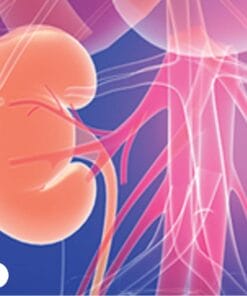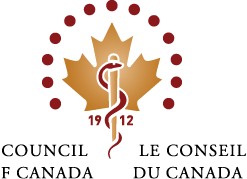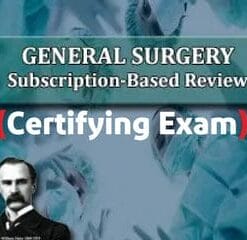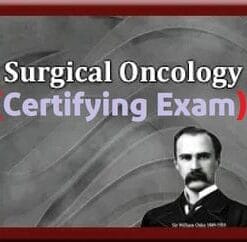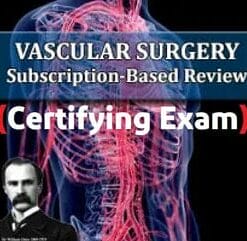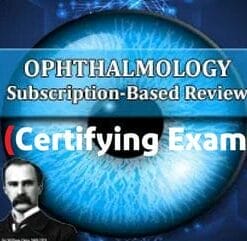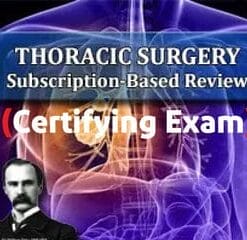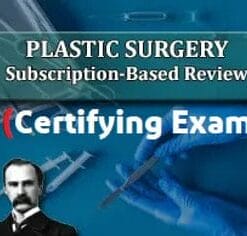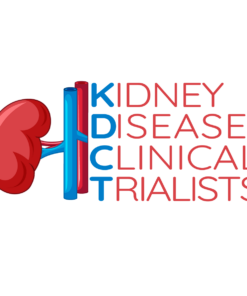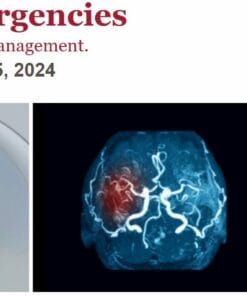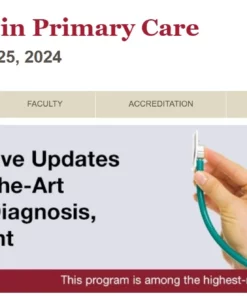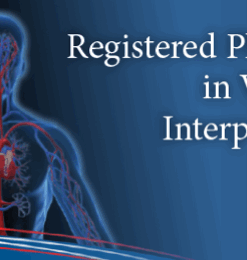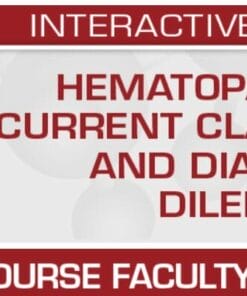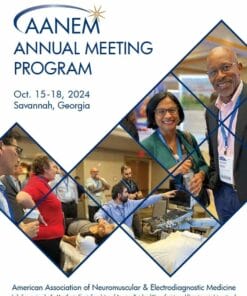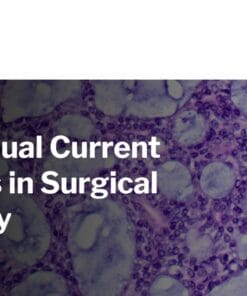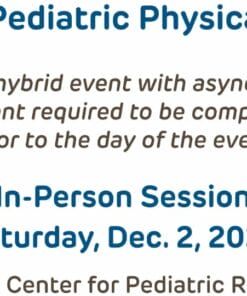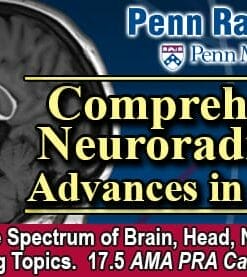The EKG GUY: Ultimate EKG Breakdown Course 2021 (CME VIDEOS)
30 $
Delivery time: Immediately
The EKG GUY: Ultimate EKG Breakdown Course 2021 (CME VIDEOS)
Learning how to interpret EKGs was a struggle for me. I remember coming home to a stack of EKGs my father (an interventional cardiologist) had left for me to interpret. I had no idea where to start. I was lost. All I saw were squiggly lines.
I started reading all the introductory books (Dubin’s, Thaler’s, etc.) and any resource I could get my hands on. None of the resources really did it nor did they provide much clinical relevance. I found myself reading textbooks (Chou’s, Marriott’s, etc.) and the medical literature to close the gaps. Ultimately, this was a very inefficient process.
I decided to develop a curriculum for my fellow medical students. I created videos. For some reason, students asked for more. People from around the world asked for more. Eventually there were hundreds of videos. The EKG Guy community was created. And thanks to you, it has now grown to over 750,000 followers in less than 18 months to become the largest, fastest growing ECG community in the world! I soon realized that maybe I was not the only one that struggled to learn EKGs, or at least wanted a better option.
With all that said, it is clear that medical professionals want better ECG learning options and hopefully I’ve provided that. And, maybe I wasn’t the only one struggling after all. I truly hope no one ever struggles learning ECGs again.
I want to thank you for your ongoing support. It means a lot. Thank YOU for helping us transform ECG education to deliver better patient care!
– The EKG Guy (Anthony Kashou, MD)
Overview:
The EKG Guy’s Ultimate EKG Breakdown is designed for individuals with little to no knowledge of the electrocardiogram (EKG, ECG), as well as for more advanced interpreters. This 25+ hour comprehensive course includes over 150 short lectures that cover the most important ECG topics. It is perfect for students, residents, nurses, fellows, paramedics, and other medical professionals where ECG literacy is useful.
The basic concepts and fundamentals will provide a strong ECG foundation as you progress in your career. By the time you complete this lecture series, you will have as much knowledge as most entry-level resident physicians (and cardiology fellows!).
Course Breakdown:
Part I: The Basics
In part I of the course, we look at the basics of the electrocardiogram (ECG, EKG). We discuss the cardiac anatomy and circulation, electrical conduction system of the heart, electrodes and vectors, various aspects of the normal cardiac cycle, along with important concepts to be aware of when interpreting a 12-lead EKG.
Part II: Rhythms
In part II of the course, we look at various rhythms. This portion of the book is broken down into sinus, atrial, atrioventricular, and ventricular rhythms. These topics also include the pathophysiology, mechanism, ECG features, and clinical significance of each rhythm.
Part III: Chamber Enlargement
In part III of the course, we discuss various types of atrial and ventricular enlargement. These topics also include the pathophysiology, mechanism, diagnostic ECG features, and clinical significance of each.
Part IV: Conduction Defects
In part IV of the course, we look at various conduction defects – including, different atrioventricular and intraventricular conduction blocks. These topics also include the pathophysiology, mechanism, ECG features, and clinical significance of each.
Part V: Myocardial Ischemia & Infarction
In part V of the course, we look at myocardial ischemia and infarction. This section includes a basic overview of myocardial ischemia, why ECG findings come about in the setting of ischemia, what changes are considered significant, coronary vascular anatomy, how to localize different coronary artery occlusions and clinical significance, various conduction defects that can come about in setting of myocardial infarction, among other ECG findings in certain ischemic conditions.
Part VI: Drugs & Electrolytes
In part VI of the course, we look at the ECG findings seen in common electrolyte disorders and medications. This includes how certain medication work, their clinical importance, and the ECG changes at normal and toxic levels.
Part VII: Artifacts
In part VII of the course, we look at various artifacts, including different types of lead reversals and how to identify them on the ECG.
Part VIII: Inherited Arrhythmia Disorders
In part VIII of the course, we look at certain types of inherited arrhythmia disorders, including their pathophysiology, ECG findings, diagnostic features, and clinical significance.
Part IX: Miscellaneous
In part IX of the course, we look at a number of important clinical conditions and the ECG features that can be seen with each. The pathophysiology and clinical significance is also provided when appropriate.
Part X: Congenital Heart Disease
In part X of the course, we look at various congenital heart diseases. With each topic, we discuss the pathophysiology, ECG features, as well as the clinical significance and prognosis.
Related Products
Video Medical
Emergency Medicine: Evidence-Based Content, Practical Applications 2024 (Videos + Audios)
Video Medical
NYU Langone Health Update on Attention Deficit Hyperactivity Disorder Through the Lifespan 2024
Video Medical
Harvard 9th Annual Board Review and Update in Pulmonary and Critical Care Medicine 2024
Video Medical
Nationwide Children Pediatric Gastroenterology Conference for Primary Care Clinicians 2024
Video Medical
MENA Conference 10th Abu Dhabi International Conference in Dermatology & Aesthetics 2024
Video Medical
Obstetric Anaesthetists Association Joint OAA and UK Maternal Cardiology Society Meeting 2024
Video Medical
Internal Medicine and Urgent Care-Pediatrics: A Review and Update 2025 (Videos + Syllabus)
Video Medical
Obstetric Anaesthetists Association Joint OAA and British Society for Haematology Meeting 2023



